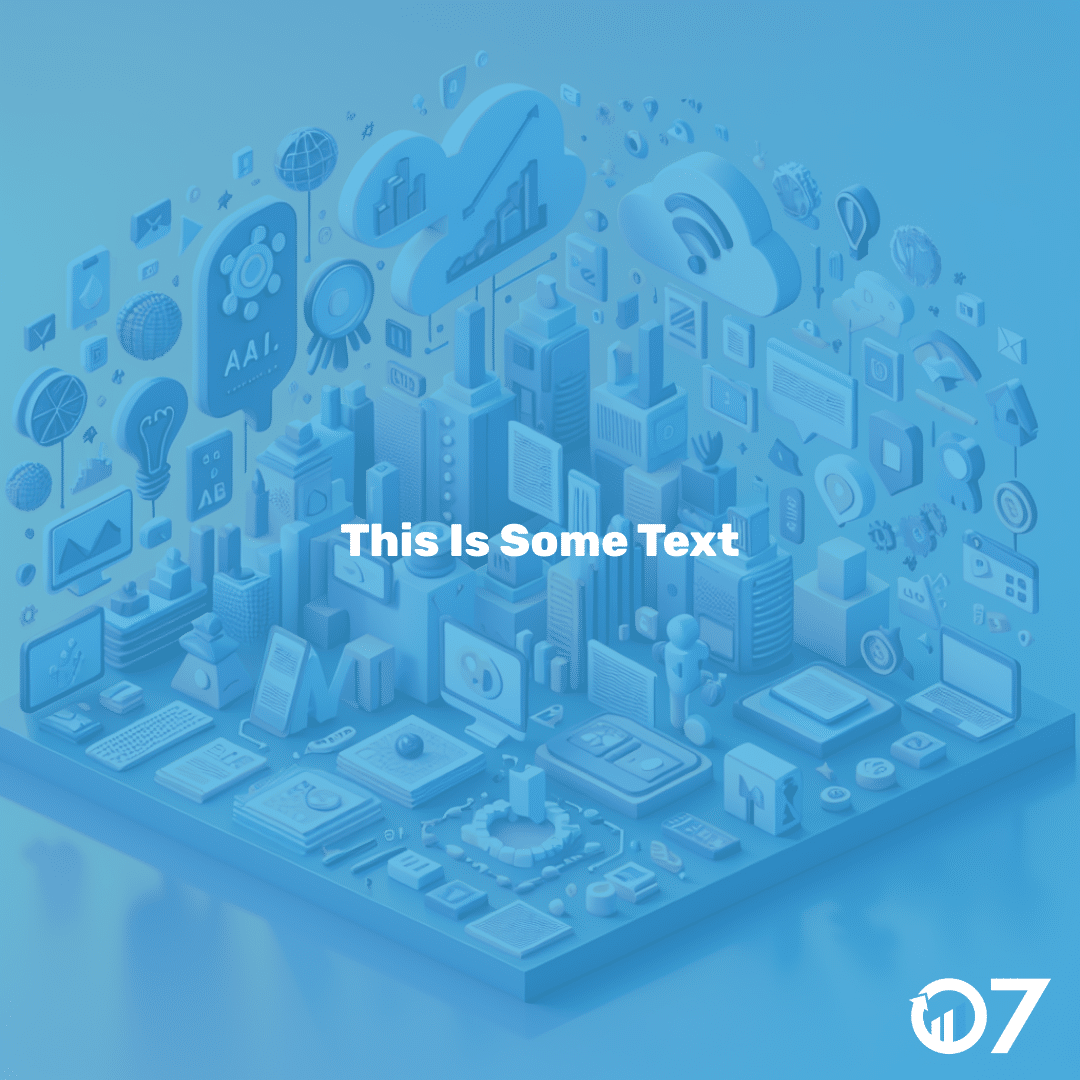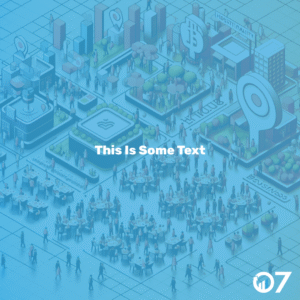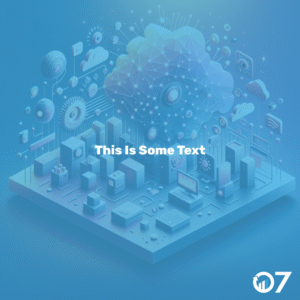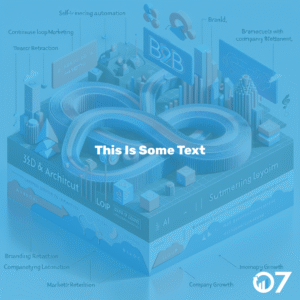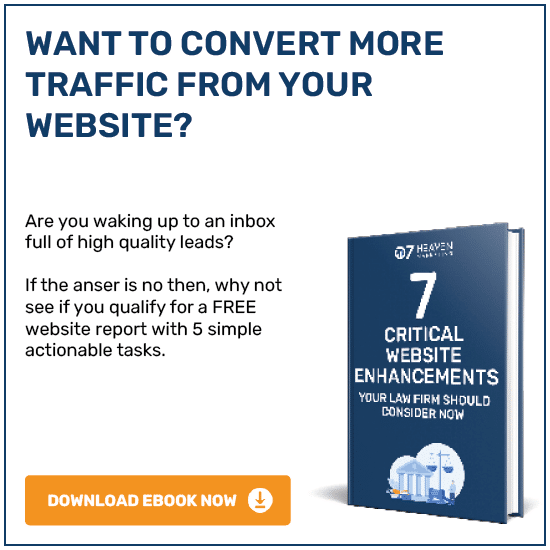Introduction to AI marketing strategies in B2B and B2C
AI marketing strategies help businesses create more focused and effective campaigns. Understanding how AI works differently in B2B and B2C sectors improves marketing results.
Businesses can use AI tools to analyse customer data and tailor their approaches. This article explores the unique ways AI transforms marketing in both sectors.
How AI shapes B2B marketing
B2B marketing often involves complex decision-making and longer sales cycles. AI marketing tools assist by analysing large data sets to identify potential clients and predict their needs.
Machine learning algorithms support customer segmentation, allowing marketers to create personalised marketing campaigns for business clients. These campaigns often include detailed content like whitepapers or case studies.
Marketing automation streamlines communication with prospects, ensuring timely follow-ups and nurturing leads. Predictive analytics help forecast which clients are most likely to convert, improving campaign optimisation.
How AI influences B2C marketing
B2C marketing targets individual consumers with diverse preferences and faster buying decisions. AI helps by analysing behaviour patterns to deliver relevant offers and promotions.
Customer journey mapping powered by AI reveals how consumers interact with brands across channels. This insight allows marketers to craft personalised marketing campaigns that resonate with different audience segments.
AI marketing tools also support real-time adjustments in campaigns, improving engagement and conversion rates. Data-driven decision making ensures budgets focus on the most effective channels and messages.
Key differences between B2B and B2C AI marketing
The main difference lies in the audience and buying process. B2B marketing AI focuses on building relationships with fewer clients over a longer time. B2C marketing AI aims to engage many consumers quickly and repeatedly.
B2B campaigns often use in-depth content and rely on predictive analytics to identify prospects. B2C campaigns use AI for dynamic content delivery and personalisation based on immediate consumer behaviour.
While both sectors use marketing automation, B2B automation centres on lead nurturing, and B2C automation focuses on personalised offers and promotions. This distinction shapes how AI tools are applied in each sector.
Real-world examples
In the SaaS industry, B2B marketing AI helps identify companies likely to need software solutions. AI analyses firmographics and online behaviour to target decision-makers with tailored content.
In real estate, B2C marketing AI personalises property recommendations based on a consumer’s search history and preferences. It also predicts when a buyer might be ready to make a purchase.
Another example is marketing automation platforms that adjust email campaigns in real time. B2B users receive detailed product updates, while B2C users get promotional discounts and reminders.
Benefits of using AI marketing strategies in both sectors
AI marketing strategies improve efficiency by automating repetitive tasks and analysing data faster than humans. This leads to better campaign planning and resource allocation.
Personalised marketing campaigns increase engagement and customer satisfaction. AI helps marketers deliver the right message to the right audience at the right time.
Both B2B and B2C marketers gain from enhanced customer insights through AI-driven customer segmentation and journey mapping. This supports continuous campaign optimisation and improved return on investment.
What to do next
Marketers should assess their sector’s unique needs and explore AI marketing tools that fit their goals. Understanding the differences between B2B marketing AI and B2C marketing AI helps create more effective campaigns.
Consider starting with basic AI applications like marketing automation or predictive analytics. Gradually integrate more advanced machine learning algorithms to enhance targeted marketing AI efforts.
For expert advice on AI marketing strategies and support with campaign planning, visit our marketing agency page.
Frequently asked questions
How does AI improve B2B marketing?
AI improves B2B marketing by analysing data to identify potential clients and predict their needs. It automates lead nurturing and helps create personalised content for decision-makers.
What are the differences between B2B and B2C AI marketing?
B2B AI marketing focuses on long-term relationships and detailed content, while B2C AI marketing targets quick, personalised consumer interactions. The tools and strategies differ based on audience behaviour.
Which AI tools are best for targeted marketing campaigns?
Effective AI tools include machine learning algorithms for customer segmentation, marketing automation platforms, and predictive analytics software. The choice depends on the sector and campaign goals.
Encourage further engagement via our blog or contact us via email or telephone 01702 410663

